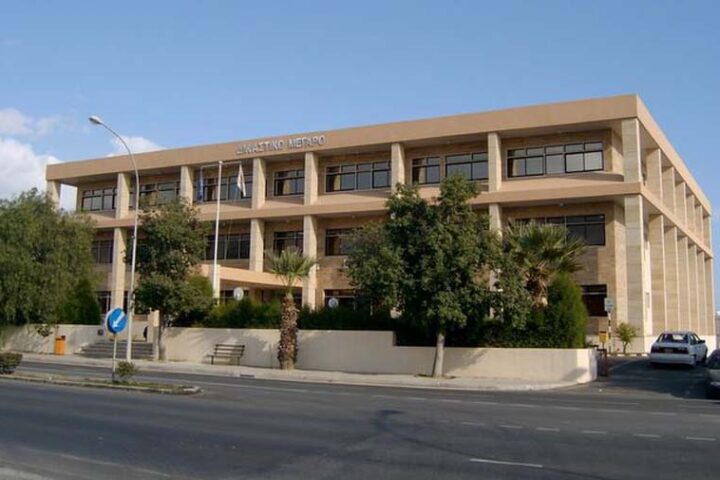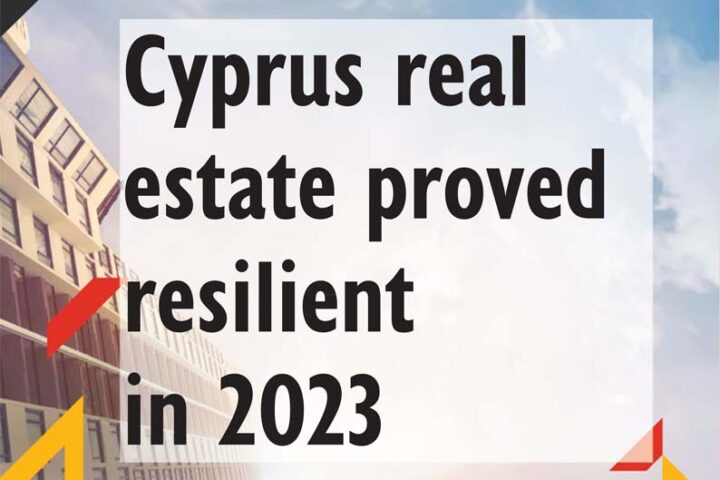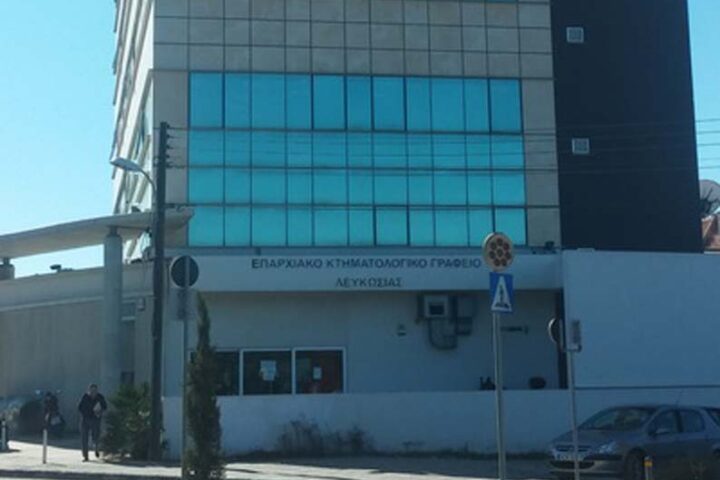It is far from us to advise the foreign permanent residents, how to handle their everyday living in Cyprus, but many of us have at one time or another, lived for long periods of time in foreign countries.
It is true that the younger a generation, it is easier to adapt to “strange customs and behaviours”. It saddens me, however, to note that most foreign people in Cyprus do not make an effort to mingle with the locals, keeping to themselves and creating small clusters of foreign communities, some of which are quite large.
British expats are an example and especially those who live in Paphos and in “Little England” (Peyia).
How boring can it be to see the same people, visit the same coffee shops and bars, seeing again the same people and talking about good or bad times, good or bad roads, title deeds or whatever.
We could understand the older generation, since the older one gets, the more difficult it is to adapt, but even in case of people with young children is there a logic why they should go to an English speaking school? Let the children go to a local primary to get to know the language, to make friends whom they will meet later in life, the parents, local and foreign will get together at birthdays etc.
Easily said than done of course because we locals do not help either.
Even when a foreign person attempts to speak in Greek, the locals will reply in English. So, it is very hard to learn the language (the Greek language’s difficulties apart) on this count alone.
As if these difficulties are not enough, we have the “proper” Greek language, which we read in books and another, that of the Cypriot slang, which adds to the whole confusion. Then, if one decides to spend the rest of his life here, an effort will not be a miss, not so much that we insist that a foreign person should become “one of us”, but more for them to feel part of their home and not become a by-standing observer.
Speaking Greek
It reminds us of two sisters from Lebanon who bought two apartments from us. One lived in Athens and one in Cyprus. The “Athenian” Lebanese spoke better Greek than most of us (since most Greeks do not speak English), whereas the Cypriot Lebanese could understand a little, but she could not speak the language.
We had a small talk on this and it transpired that the Athenian Lebanese “would not change Athens for anything”, as opposed to the Cypriot Lebanese, who still “thinks about home”.
The language apart I would suggest other “easier” approaches should one want to mingle without spending money but have a feeling of belonging.
- Join a charity and its activities and spend some of your time towards this.
- Join an amateur theatre (English speaking), art schools, ikebana, Rotary or Lions clubs (the last two will cost you a bit, but you will get to know people), parents associations (if you have children in school).
- Join local sailing clubs (no need to have a boat), fishing associations (usually fishing in dams) and cycling clubs (for the younger age).
- Cooking lessons, animal welfare associations (mainly for the matured age), the excursion association, bird watchers and hikers.
- If you have an old car (over 15 years) join the historic car club – great fun with their “rallies”.
Do not stay at home, get out and enjoy life in Cyprus and this without much money.
We know that most local permanent residents are pensioners on a low budget, but, if you have your health and some spare cash, try to make you stay here as best and enjoyable as you can.
In ending this, a foreign chap comes to mind who lives in a village and makes very good chocolates with his own brand.
Not only are they a bit pricey (2 euros a bite), but excellent quality with demand exceeding supply. “What a mess Antonis, I tried this as a passtime and now I do not have time to meet the demand” we were told. I add, “well done”.










